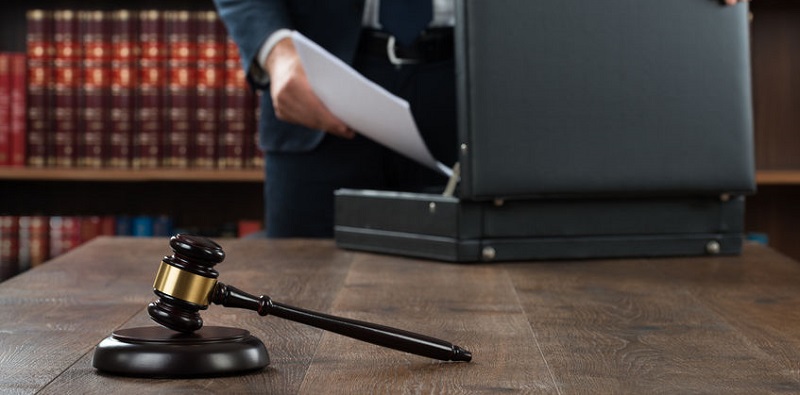What is a deposition? Why is it important for your Colorado personal injury claim? How can you give your best deposition? Here’s everything you need to know about testifying.
How to Give a Great Deposition
You’re in the midst of a personal injury lawsuit, and now your attorney tells you that you need to give a deposition. You’ve probably heard the word “deposition” before, but what exactly is it, and what part does it play in your Colorado personal injury claim?
A deposition is the sworn testimony of a witness taken out of court, usually at an attorney’s office. The only people that typically attend a deposition are the person being deposed (deponent), the lawyers representing all the interested parties, and a court reporter, who is there to record your testimony.
During a deposition, an attorney will ask the deponent a series of questions concerning the facts surrounding the lawsuit. While a deponent’s lawyer can object to certain questions asked during a deposition, coaching is not allowed.
Why Is My Deposition Being Taken?
The purpose of a deposition is to allow all the parties to a lawsuit to learn all of the facts so that no one will be surprised at trial. The opposing attorney wants to take your deposition to find out what you know, to form an impression of you, and to assess not only what you say about your case but also how you say it.
You will be asked to give your version of the events that prompted the personal injury lawsuit. It is very important that you answer all questions as truthfully as possible because it will be difficult to make any significant changes to your testimony once your deposition has been taken and a court reporter has recorded what you said.
Preparing for Your Deposition
Prior to the deposition, your attorney will likely schedule a preparatory meeting between the two of you. This will be a good opportunity to conduct a dry run of the questions that will most likely be asked, giving you a chance to prepare your answers and become comfortable with how the story will be told.
While he won’t tell you what to say during your deposition, your lawyer will typically discuss the type of questions that he expects the opposing attorney to ask and might provide you with information about the attorney’s personality, attitude, tone of voice, and general style. He may also attempt to estimate how long your deposition will take, allowing you to arrange your schedule so that you won’t feel rushed while you testify.
Tips for Testifying
Once you’ve adequately prepared, here are some tips for avoiding disaster when giving testimony at a deposition:
- Be courteous and respectful, never angry, argumentative, hostile, or sarcastic.
- Don’t answer a question with another question, and don’t start to answer until you’ve heard the complete question.
- Don’t say you don’t know if you do.
- If you make a mistake, correct it at your first available opportunity (during the deposition).
- Avoid absolutes like “never” and “always.”
- Keep your responses brief and direct, and don’t offer more information than is asked for.
- Don’t speculate. If you don’t know the answer to a question, say so.
- Always look at and read documents before you testify about them.
- If you feel uncomfortable or want to confer with your attorney, request a break.
Remember that whatever answers you give during a deposition will follow you to court, and could be used to discredit you if your version of the events changes significantly. So first and foremost, always tell the truth.

